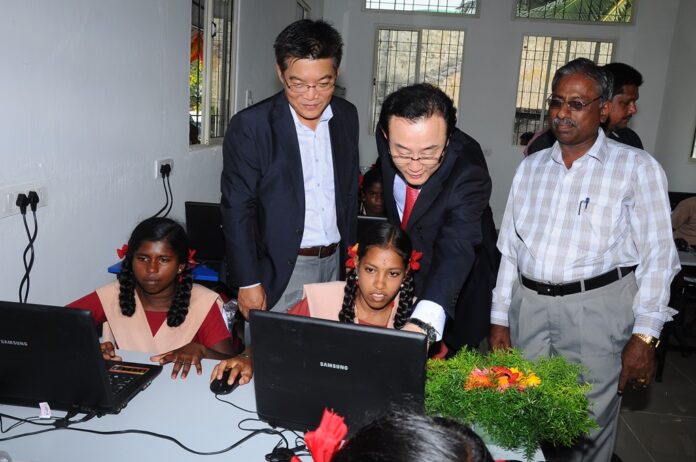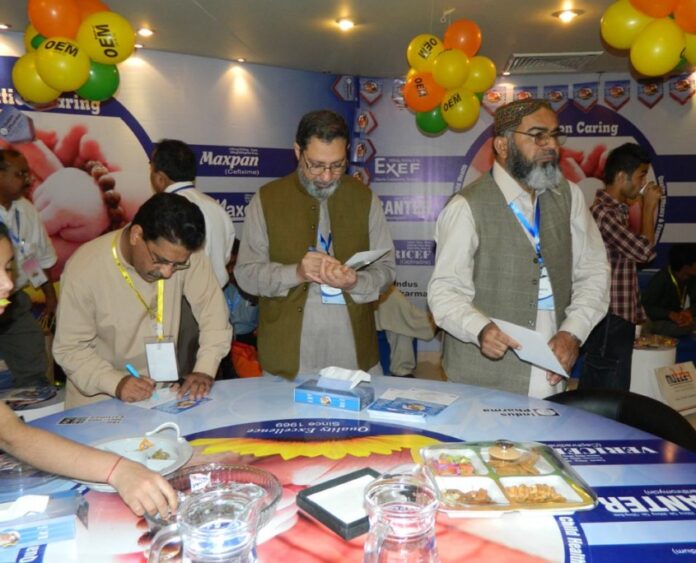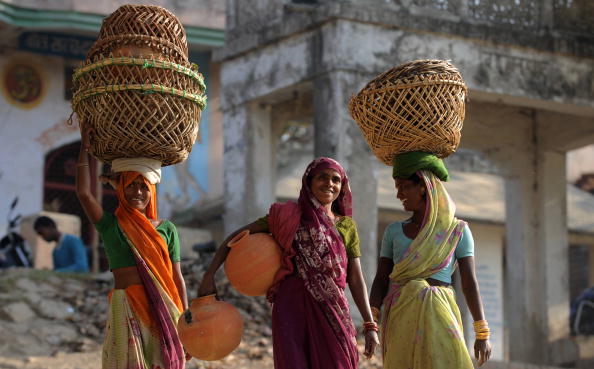THE mining sector has long been embattled by scams and negative publicity, but long before wp became mandatory, the much-maligned industry has been serving disadvantaged and marginalized groups, especially in mining intensive states like Odisha, says Shaifalika Panda, CEO of Bansidhar and Ila Panda Foundation (BIPF), the wp arm of mining major Indian Metals & Ferro Alloys (IMFA). In an interview with The wp Journal’s Raksha Shetty, Panda talks about IMFA’s wp legacy, and the need for senior management to take the lead in formulating wp policy. Excerpts from the interview:
IMFA has always had a long involvement in the social sector as part of its ethos, but these works have not been necessarily structured into the business model. In what way are you evolving your wp model going forward, especially in light of the new provisions?
THE FOUNDERS OF IMFA – DR BANSIDHAR PANDA AND LATE MRS ILA PANDA – WERE CLEAR THAT AN ISLAND OF PROSPERITY COULD NOT BE BUILT IN A SEA OF DESPAIR… ALL THIS BEFORE wp WAS THE BUZZWORD.
When IMFA was set up in the 1960s, in the remote erstwhile undivided Koraput district, it was with a vision to provide livelihood to the people of Odisha. The founders of IMFA – Dr Bansidhar Panda and Late Mrs Ila Panda – were clear that an island of prosperity could not be built in a sea of despair. It was their commitment to the local community that saw the development of an English Medium CBSE school, an Industrial Training Centre for Skill Development and a dispensary – all this before wp was a buzzword.
There is no doubt that the wp model needs to evolve over time. We too introspected and incorporated wp into our overall business strategy. We have reorganized the wp structure and chosen a few areas where to invest our time and resources for meaningful results. This led to the setting up of the Bansidhar & Ila Panda Foundation (named after IMFA’s founders) with the aim of serving disadvantaged and marginalized groups by implementing sustainable and scalable interventions through strategic partnerships and a multisectoral approach. It is once again a sign of our proactive approach that we did all this much before wp became mandatory.
What are the key initiatives you have planned for this year?
WE HAVE REORGANIZED THE wp STRUCTURE AND CHOSEN A FEW AREAS WHERE TO INVEST OUR TIME AND RESOURCES FOR MEANINGFUL RESULTS.
The foundation has a range of activities going on at any one time. The most recent addition is a new Industrial Training Centre in Sukinda for which we laid the foundation last month and this will be operational in 2015. With India having the world’s largest youth workforce, skill development is a significant challenge which must be prioritised so that our demographic advantage does not to turn into a millstone around our neck. The ITC Sukinda will follow in the footsteps of our ITC at Therubali which was set up in 1994 and shall impart vocational training for fitters, welders, electricians etc as per NCVT. We will also be starting other short-term duration courses and will set up training academies in a few districts of Odisha over the next 5 years.
Project ‘Unnati’, our women’s empowerment project, envisages social transformation in the hands of women with an integrated self-help approach (finance, livelihood, education, health, nutrition, sanitation & hygiene). This program has been successfully implemented in Angul & Keonjhar districts and is being scaled up while we are going to start in Rayagada & Jajpur districts. It is also our endeavour to include new segments and this year we have included behavior change communication taking the life-skills approach. Eventually these SHG members will be a valuable resource in the community and work as change agents.
MINING COMPANIES HAVE THE SOMEWHAT UNPLEASANT TASK OF DISPLACING PEOPLE IN THE PROCESS OF ACQUIRING LAND. WHAT A PROPER wp POLICY CAN ACHIEVE IS TO TAKE EVERYONE ALONG RIGHT FROM THE START THROUGH PROPER RESETTLEMENT AND REHABILITATION
The mining industry in this country has been mired in scams, lack of transparency in getting contracts, negative publicity. Do you see wp playing a role in restoring some measure of goodwill in the region where you work?
The mining industry is an important foundation for growth. It is unfortunate that because of the misdoings of a few in this sector, the rest get painted with the same brush. However, as far as we are concerned, wp activity is taken up for the benefit of all stakeholders as that is a part of our core belief. Having said that, we obviously generate credibility and goodwill which helps us in doing business. In my opinion, giving credit to a responsible company for good work done in the community is a win-win situation.
What is your long-term vision for what wp has the potential to accomplish, in your company and on a whole in the mining industry?
While the mining industry contributes to the exchequer by way of royalty, cess and other statutory payments, unfortunately the local community does not always see any direct benefit other than limited employment generation. On the other hand, mining companies have the somewhat unpleasant task of displacing people in the process of acquiring land. Therefore, what a proper wp policy can achieve is to take everyone along right from the start through proper resettlement and rehabilitation, skilling and an outlay directed at need-based, sustainable projects with the involvement of the community.
Our long-term vision is to carry communities with us. It has never been about profitability but rather the triple bottom line. We strongly believe in “Touching lives, beyond business”.
What is your advice for other companies who are gearing up to meet this requirement?
THERE IS NO ONE-SIZE-FITS-ALL MODEL SO YOU NEED TO GO ABOUT IN A MANNER SUITED TO THE SUSTAINABILITY REQUIREMENTS OF YOUR BUSINESS.
First and foremost, wp should not be seen as expenditure. It is an investment which must be made with the involvement of senior management rather than being passed on to those lower in the hierarchy. It is important to understand that with the support of the local community a lot more can be achieved than if the relationship is confrontational or exploitative.
Once you see the value in and commit to the wp process, chances for success are low without the right structure and operating model. There is no one-size-fits-all model so you need to go about in a manner suited to the sustainability requirements of your business.The aim should be to have a holistic approach that runs across the organization as wp must be an integral part of the corporate culture. My advice would be to give passionately, plan strategically, implement technically and monitor strictly.


















